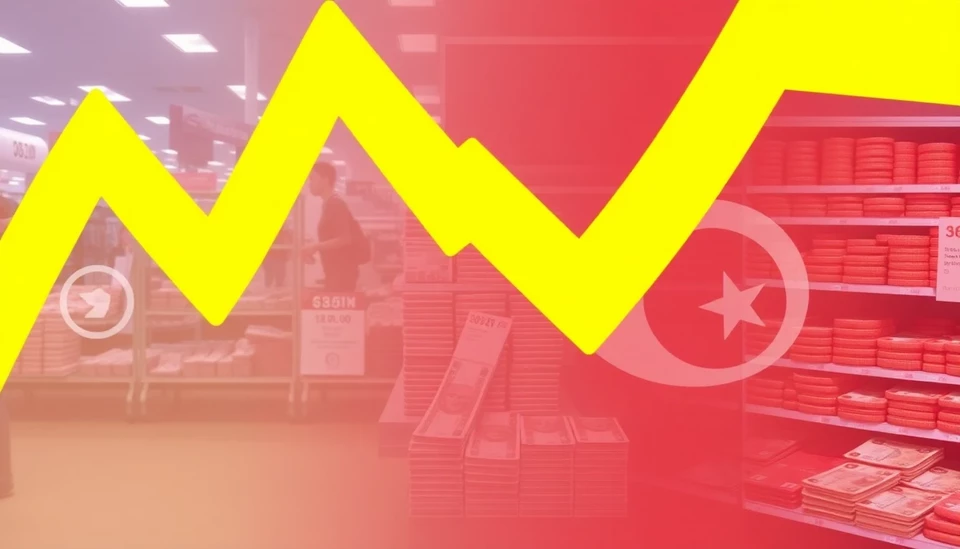
In a notable economic development, Turkey's inflation rate exhibited a slower-than-anticipated decrease in January 2025, landing at 42% year-on-year. This marked a slight decline from the previous month's figure of 44.6%, but analysts had predicted a more significant drop to around 40%. The modest easing of inflation points to ongoing challenges within the Turkish economy, even as authorities strive to manage price stability.
The January figures were released by Turkey's statistical office on February 3, revealing a complex economic landscape where prices continue to remain elevated. Separately, the core inflation rate, which excludes volatile items like food and energy, was reported at 42.5%, reflecting a similar trend to the overall inflation numbers. This persistence suggests that inflationary pressures are deeply embedded in the economy, raising concerns about prolonged cost-of-living increases for consumers.
Economists had varying views on the trajectory of inflation ahead, with some believing that the government's recent monetary policy measures—primarily a series of interest rate hikes—were starting to take effect. However, the fluctuations in global commodity prices and domestic supply chain disruptions still loom large, impeding a more aggressive return to pre-crisis stability. The central bank's challenge remains to find a balance between curtailing inflation while encouraging sustainable economic growth.
Furthermore, with rising costs affecting consumer purchasing power, many households are feeling the squeeze. Essential items such as food, housing, and transportation have seen sharp price increases, leading to deeper scrutiny of government policies aimed at controlling inflation. The Turkish lira's volatility against major currencies further complicates the situation, as it complicates import prices and affects overall economic sentiment.
Looking ahead, market participants are closely monitoring the central bank's next moves. As authorities prepare for adjustments in interest rates, stakeholders remain hopeful for a policy that could effectively curb inflation without stifling growth. The resilience of Turkey's economy will be tested as it navigates these turbulent financial waters.
In summary, while the reduction in the inflation rate from December to January offers a glimmer of hope, the slower-than-expected drop underscores persistent inflationary challenges that might continue to plague Turkey's economic landscape in the coming months.
#Turkey #Inflation #EconomicReport #CentralBank #CostOfLiving #MonetaryPolicy
Author: Rachel Greene




